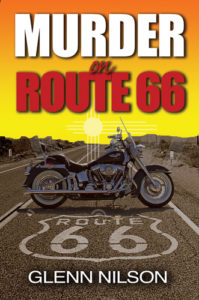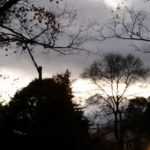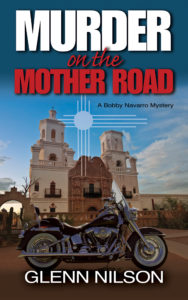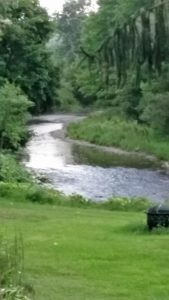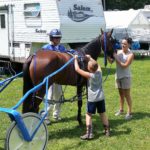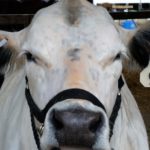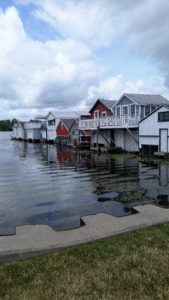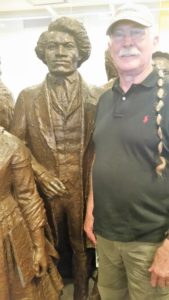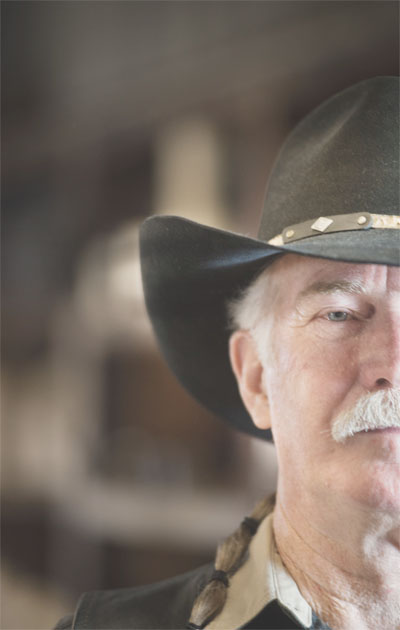The other day I was talking with one of my sons, and he mentioned bingeing on 007 movies. His comments about them surprised me. He said it was incredible to see how women were depicted and regarded as mere objects. He had watched the same movies as a kid, but then saw the films as all about action, excitement and adventure. We agreed, the old James Bond movies had a lot of Playboy character to them. He commented they were so bad and blatant they were comical in a way. I hadn’t joined him in the binge, and haven’t seen a 007 movie in a long time, but could agree even from memory. He attributed his change in perspective to all the recent news revealing sexual harassment on the part of male celebrities and men in positions of power. I think that’s a good outcome of the attention these accusations have gained in recent news. We need to re-see the behaviors and values we grew up with, have lived with, and have taken for granted. Those old movies not only dramatized a sexist view of the world, they normalized sexist behavior. Seeing those old scenes as violating the rights and dignity of women is a great wake-up. I hope we men carry today’s condemnation of female harassment on the part of popular and powerful men into everyday life and relationships ourselves. I doubt any of us are completely guilt free. We have a lot of work to do in our society, and men and women must be onboard together to truly make progress. We are not going to get there by means of example from our public leaders; we must get there from a shift in our social values.
It should be no surprise that I enjoy reading mysteries; after all, I write them. Similar to cozies, I prefer mysteries that stay away from gratuitous sex and violence. I don’t care for drama that relies on piquing a reader’s interest through brutality, gore and raw abuse of others. Those things exist in life, but they don’t have to be accepted and we don’t have to normalize them in our literature. A good mystery has conflict. Murder is always violence against another person, but we don’t have to make that aspect the object of the story. We have values opposing the abuse of others. That’s why people want to solve the mystery and bring the culprit to justice and restore the community to safety.
When I write my Bobby Navarro mysteries, I like to think my fascination with community comes through in my writing along with my love of the open road and wild, natural places. Those things should predominate. Bobby Navarro solves murders. That means people have suffered horrible abuse and their community has suffered the trauma of trampled values because the murders took place. In the end, however, decent values win. The victory of human decency doesn’t make the stories fiction. After all, good fiction reflects facts. Human decency is not a fiction, but it must be fought for and insisted on to make it dominate in our lives. But, that seems a reasonable societal goal and a good reason for writing.
